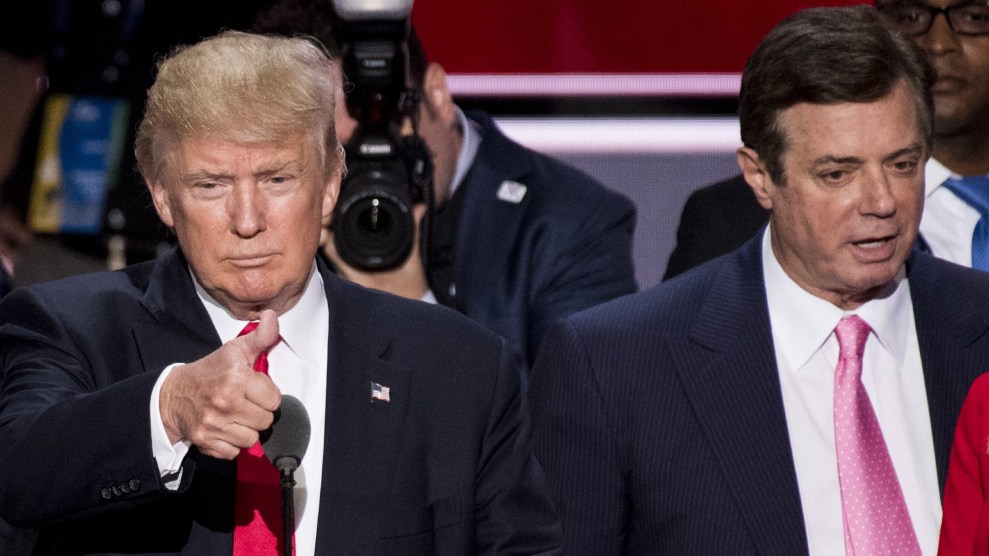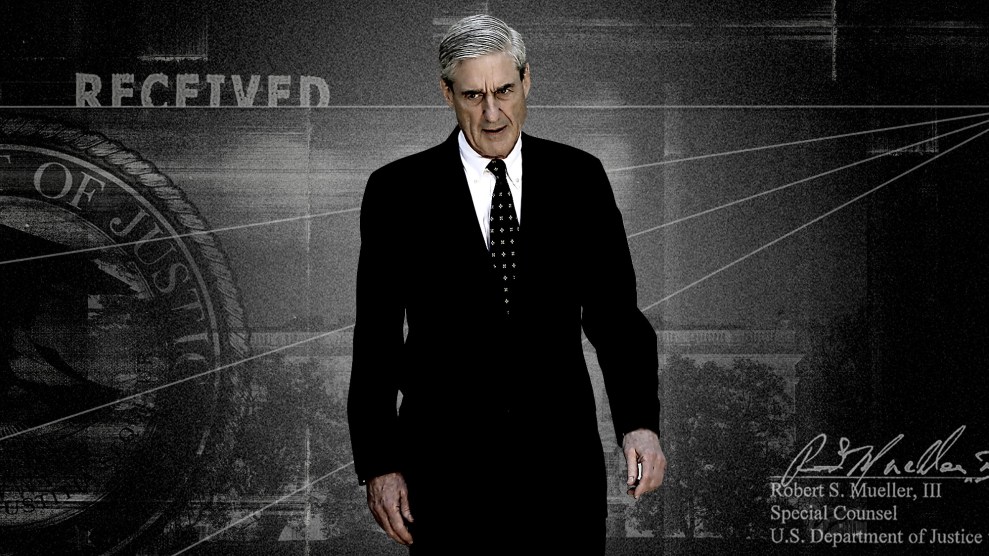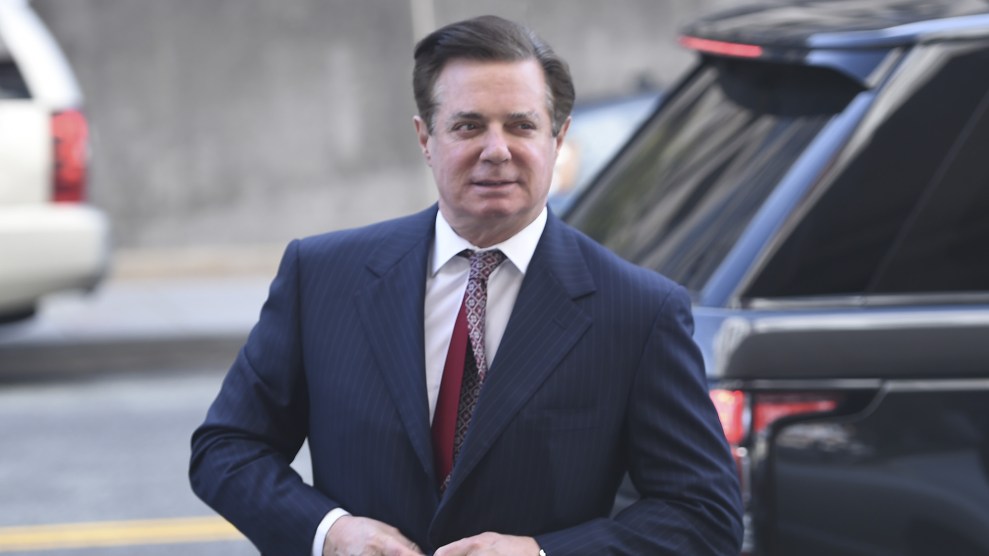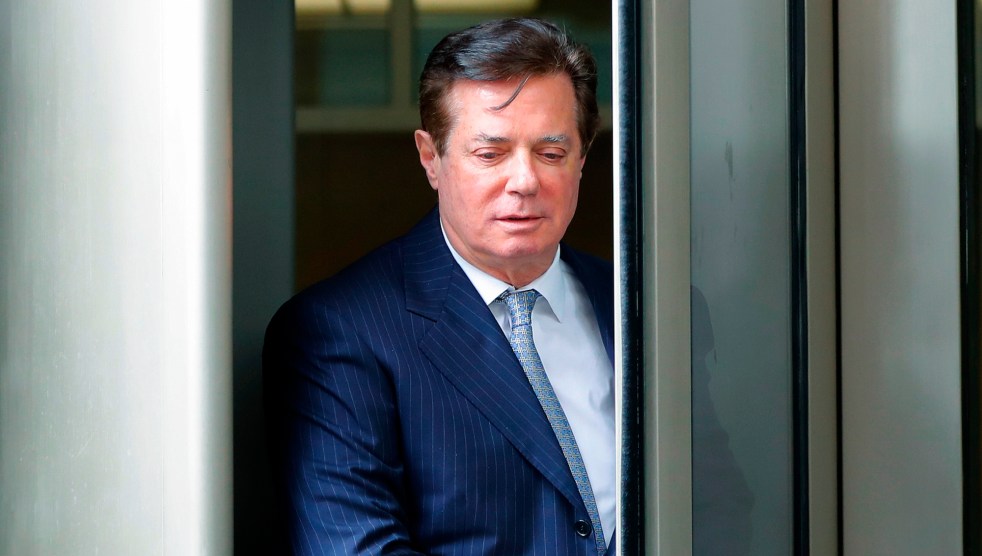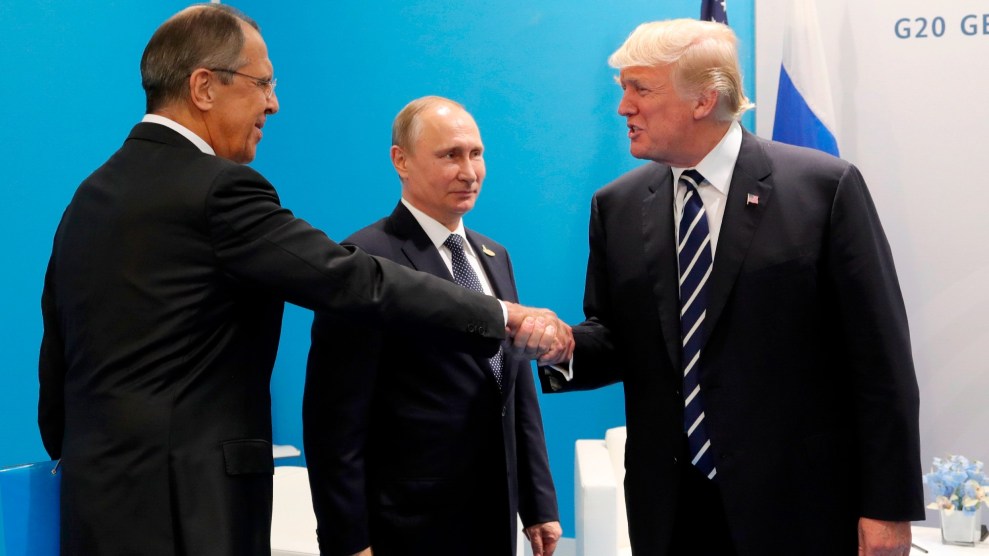
Donald Trump greets Russian Foreign Minister Sergey Lavrov and President Vladimir Putin on July 7, 2017. Mikhail Klimentyev/AP
Last week, Donald Trump told Fox News’ Sean Hannity that he could have stopped the invasion of Ukraine by allowing Russia to “take over” parts of the country.
“I could have negotiated. I could’ve made a deal to take over something,” Trump said in a radio interview Monday. “There are certain areas that are Russian-speaking areas, frankly, but you could’ve worked a deal.” The Daily Beast reported last week that Hannity left those newsworthy remarks out of excerpts of the interview that he played that night on his primetime show.
What seems most notable here is that Trump is explicitly saying he might have given Russian president Vladimir Putin something the leader has sought since 2016.
The deal Trump said he could’ve “worked” sounds a lot like the “peace plan” that Konstantin Kilimnik, who the Senate Intelligence Committee described as a “Russian intelligence officer,” pressed on Paul Manafort, then Trump’s campaign chief, in a secret meeting in August 2016 at a New York City cigar bar. The two men continued to discuss the plan until 2018, according to Special Counsel Robert Mueller.
Manafort famously gave Kilimnik some of the Trump campaign’s polling data to pass on to Russian oligarch Oleg Deripaska, who was known to be close to Putin. What gets less attention is what else happened in the same meeting. Kilimnik also asked Manafort to seek Trump’s support for a plan to end fighting between Ukrainian forces and Russian-backed separatists, along lines highly favorable to Russia. The idea was to create an autonomous republic in Ukraine’s east, giving the Kremlin sway over a valuable industrial area, along with continued control of Crimea, which Russian troops seized in 2014. Kilmnik later said in an email to Manafort that the plan needed only “a very minor ‘wink’ (or slight push)” from Trump if he won in 2016.
Remember: Russia was helping Trump through its hack and leak of Democratic emails. (Kilimnik himself “may have been connected to the hack and leak operation targeting the 2016 U.S. election,” the Senate Intelligence Committee report said.) The Trump campaign—both Mueller‘s investigation and the Senate’s found—worked to capitalize on Russia’s leaks. That makes Trump’s comments especially interesting. Andrew Weissmann, a Mueller deputy who prosecuted Manafort, later wrote that the plan for an autonomous republic outlined to Manfort by Kilimnik was the “quo” Putin wanted for the “quid” of assisting Trump against Democrat nominee Hillary Clinton.
It seems all of this fell through. We do not know exactly what Manafort did after the Kilimnik meeting. Manafort agreed in 2018 to cooperate with Mueller, but that deal fell apart after prosecutors learned Manafort had continued to lie to them about the “peace plan,” among other things. Manafort was evidently working to stay in Trump’s good graces in a bid to receive a pardon. He later got one. As a result, exactly what Manafort may have told Trump about the proposal remains uncertain. Manafort has claimed he never mentioned the autonomous republic to Trump. And no clear evidence has emerged showing otherwise.
But the explosion of the Russia scandal in the media after Trump won may have been more important, too. Trump, as he himself often complained, was hampered in his dealings with Putin by all the public scrutiny. Left to his own devices, would Trump have given Russia the autonomous region they asked for in 2016? Or would Trump, if he’d won a second term and was freed from ever again facing voters again, have given Putin what he launched a war to seize? Maybe more importantly, what will Trump do if wins again in 2024?

